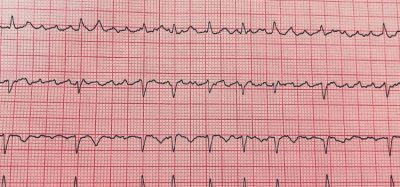First treatment for patients with rare lung disease approved
Posted: 9 September 2019 | Rachael Harper (European Pharmaceutical Review) | No comments yet
The FDA has approved the first treatment for interstitial lung disease associated with systemic sclerosis or scleroderma.


The US Food And Drug Administration has approved Ofev (nintedanib) capsules, which is a treatment to slow the rate of decline in pulmonary function in adults with interstitial lung disease associated with systemic sclerosis or scleroderma (SSc-ILD).
This is the first FDA-approved treatment for this rare lung condition.
“Patients suffering from scleroderma need effective therapies and the FDA supports the efforts of drug companies that are designing and conducting the clinical trials necessary to bring treatment options to scleroderma patients,” said Nikolay Nikolov, MD, Associate Director for Rheumatology of the Division of Pulmonary, Allergy and Rheumatology Products in the FDA’s Center for Drug Evaluation and Research.
Nintedanib is now a treatment option to slow the rate of decline in pulmonary function in patients who have interstitial lung disease from scleroderma.”
The effectiveness of Ofev to treat SSc-ILD was studied in a randomised, double-blind, placebo-controlled trial of 576 patients with the disease. They received treatment for 52 weeks, with some patients treated up to 100 weeks. Those who took Ofev had less lung function decline compared to those on placebo.
The overall safety profile observed in the Ofev treatment group was consistent with the known safety profile of the therapy. Adverse reactions leading to permanent dose reductions were reported in 34 percent of Ofev-treated patients compared to four percent of placebo-treated patients.
Ofev was originally approved in 2014 for adult patients with idiopathic pulmonary fibrosis (IPF), which is another interstitial lung condition.
Related topics
Clinical Trials, Drug Development, Drug Safety, Regulation & Legislation, Research & Development (R&D)









